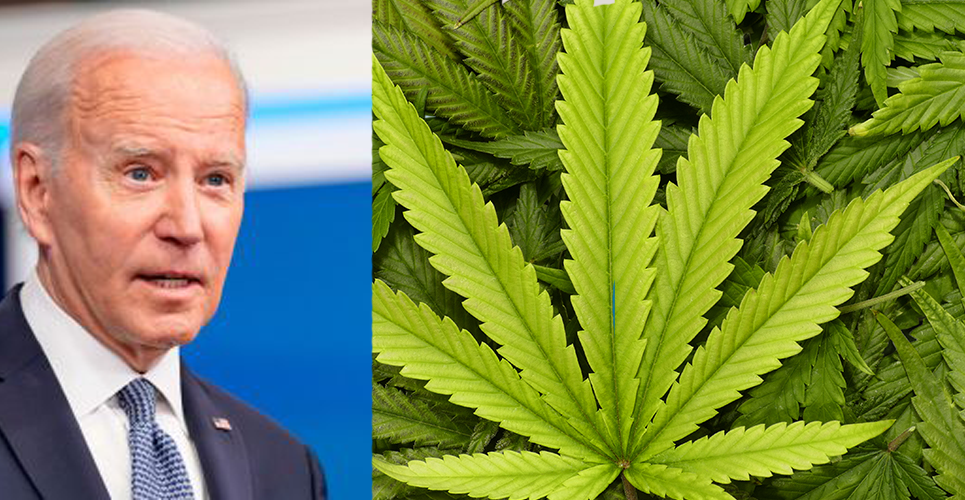
President Joe Biden on Monday spoke at a Martin Luther King Jr. Day event hosted by the National Action Network’s (NAN) where he emphasized on the importance of marijuana reform and its relation to "equal justice." He argued that people should be released from prison and have their records cleared for simple possession of marijuana.
He stated that "no one should be in federal prison for the mere possession of marijuana" and that those who are incarcerated should be released, completely pardoned and their entire record expunged.
Biden fulfilled a campaign promise by issuing a mass pardon in October, which granted clemency to several thousand people who’ve committed federal marijuana possession offenses. However, the pardons he provided don't technically expunge those records, as that falls beyond his executive authority.
He has encouraged governors to follow his lead by granting relief at the state level where their authority may be different and where the bulk of cannabis cases have been prosecuted.
In terms of releasing currently incarcerated people, that’s something that advocates have strongly pushed for given that there are still thousands behind bars over federal cannabis offenses. But Biden has made clear that he’s only willing to extend relief to those with simple possession convictions and not those who’ve sold cannabis, for example.
The U.S. Sentencing Commission (USSC) recently released a report that showed record-low federal marijuana prosecutions during the last fiscal year and noted that there aren’t any people currently serving time over cannabis possession.
Biden also briefly mentioned his administration’s work to secure the release of WNBA player Brittney Griner, a medical marijuana patient who served 10 months in a Russian prison over possession of cannabis vape cartridges before a prisoner swap was negotiated last month.
Domestic Policy Council Director Susan Rice said last month that the president’s cannabis clemency and directive for an administrative review into cannabis scheduling have helped address the country’s “failed approach to marijuana” and represent key parts of the administration’s “remarkably productive year.”
A bipartisan group of 29 congressional lawmakers from both the House and Senate sent a letter to the president last month, asking that he formally back federal marijuana legalization as the administration carries out the cannabis scheduling review.
While the lawmakers didn’t request that Biden take administrative action to unilaterally facilitate legalization, it does underscore an eagerness among supporters for the White House to play a more proactive role in advancing reform.
The president's speech highlights the progress made in the marijuana reform and the importance of releasing those who are incarcerated over simple possession and pardoning them with expungements of their records. It also underlines the need for further action to be taken on the state level and the importance of equal justice for all

